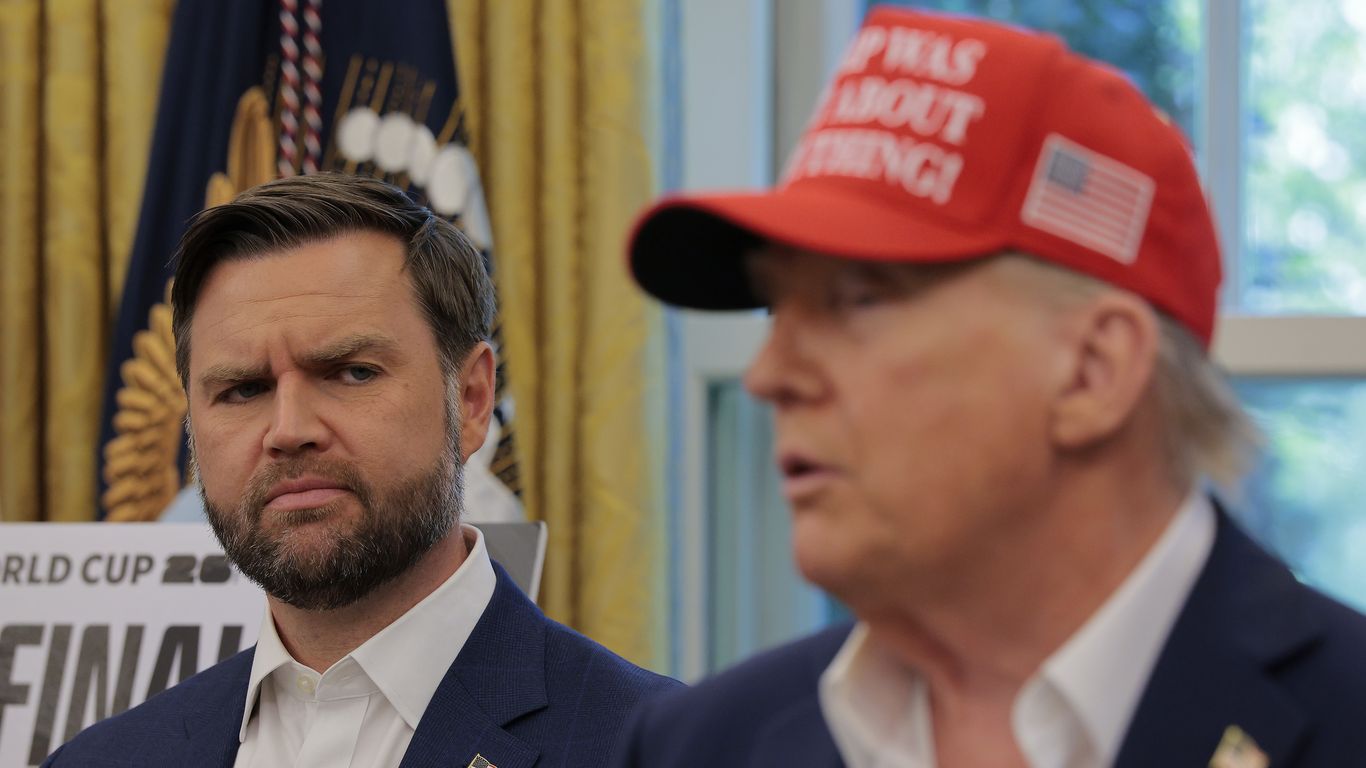In a recent interview, Russian Foreign Minister Sergey Lavrov stated that President Vladimir Putin is open to meeting with Ukrainian President Volodymyr Zelensky, but emphasized that such a summit could only take place once a definitive agenda is established. Lavrov's comments, made during a taped interview on Friday, suggest that the path to diplomatic discussions between the two leaders is still fraught with complexities. He noted that the current situation does not lend itself to constructive dialogue, primarily due to the lack of a clear and mutually acceptable agenda. This highlights the ongoing tensions and the difficulties involved in initiating peace talks between Russia and Ukraine.
The reluctance to convene a summit without a prepared agenda underscores the broader geopolitical challenges facing both nations. Since the onset of the conflict in 2014, relations between Russia and Ukraine have been characterized by suspicion and animosity. Each side has entrenched positions regarding territorial integrity, sovereignty, and security concerns. The absence of a clear framework for negotiations has often been cited as a significant barrier to progress, making Lavrov's assertion that the agenda is "not ready at all" a crucial point in understanding the current diplomatic landscape. The international community watches closely, as any potential meeting could either pave the way for de-escalation or exacerbate existing tensions.
Meanwhile, President Zelensky has expressed a willingness to engage in dialogue, but insists that any negotiations must prioritize Ukraine's sovereignty and territorial integrity. His government seeks assurances that any discussions would not compromise Ukraine's interests or lead to further concessions. This insistence reflects not only the national sentiment in Ukraine but also the historical context of previous negotiations that have often resulted in unfavorable outcomes for the nation. As such, Zelensky's administration is cautious about entering talks without a solid foundation that guarantees Ukraine's position in any agreement.
The interplay between these two leaders' positions represents a critical juncture for the future of Ukraine-Russia relations. The prospect of a summit, while potentially promising for peace, is heavily contingent upon the establishment of a comprehensive agenda that addresses the core issues at stake. As both sides continue to navigate their respective domestic and international pressures, the urgency for dialogue remains. The international community, including organizations such as the United Nations and the European Union, has a vested interest in facilitating discussions, recognizing that a stable resolution to the conflict is essential not only for regional security but also for global stability in the face of rising geopolitical tensions.
Russia "made significant concessions" to Trump on Ukraine talks, Vance says - Axios

